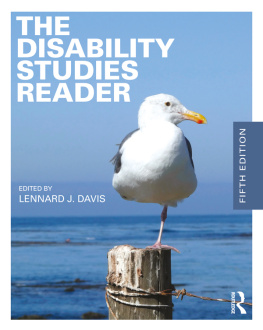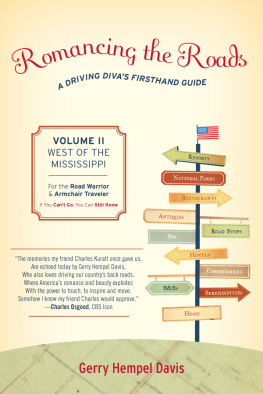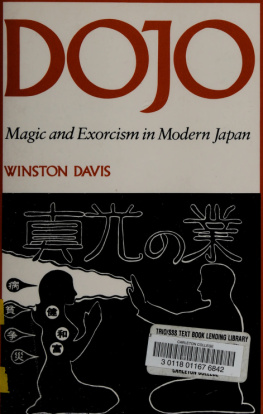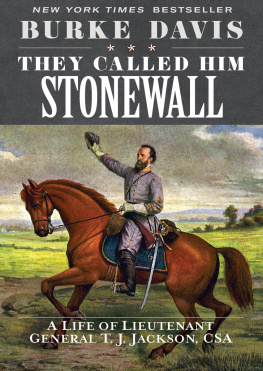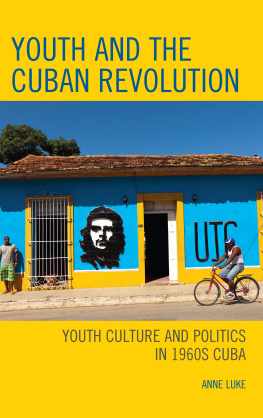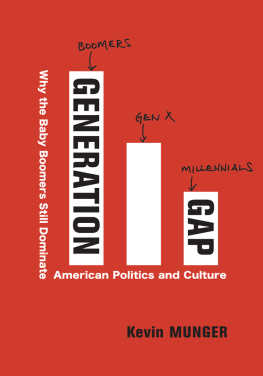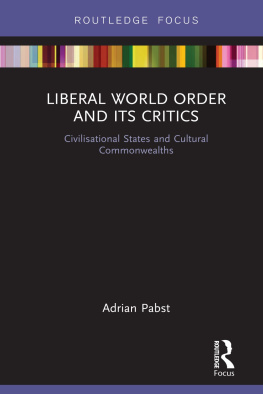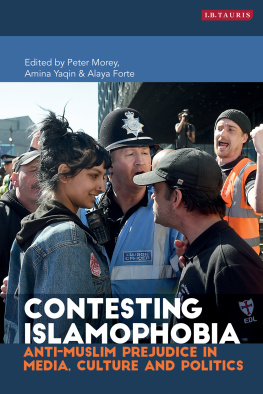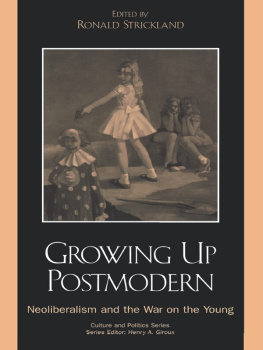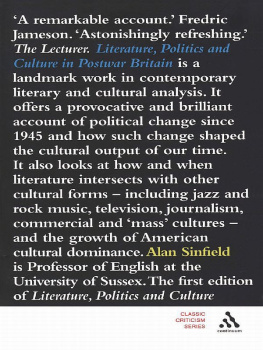
gangland
Mark Davis was born in Geelong, Victoria. He has worked as a clerk, factory hand, surveyors chain-man, storeman, ski-lodge manager, musician and graphic designer. He is married and lives in Melbourne, where he is completing a PhD in the English department at the University of Melbourne. Gangland received an honourable mention for an outstanding contribution to Australian culture in the Centre for Australian Cultural Studies 1997 National Awards and was shortlisted for the Gleebooks prize in the 1999 New South Wales Premiers Literary Awards.
To Foong Ling,
my family,
and in memory of my father
This edition published in 1999
First published in 1997
Copyright Mark Davis 1997, 1999
All rights reserved. No part of this book may be reproduced or transmitted in any form or by any means, electronic or mechanical, including photocopying, recording or by any information storage and retrieval system, without prior permission in writing from the publisher. The Australian Copyright Act 1968 (the Act) allows a maximum of one chapter or 10 per cent of this book, whichever is the greater, to be photocopied by any educational institution for its educational purposes provided that the educational institution (or body that administers it) has given a remuneration notice to the Copyright Agency (Australia) under the Act.
Allen & Unwin
83 Alexander Street
Crows Nest NSW 2065
Australia
Phone: (61 2) 8425 0100
Email:
Web: www.allenandunwin.com
Cataloguing-in-Publication details are available from the National Library of Australia
www.trove.nla.gov.au
ISBN 9781865081069
eISBN 9781760639594
Internal and cover design by text-art
Set by text-art, Australia

It is by extraordinary luck that I have the opportunity here to write a brief preface for a second edition of Gangland. Never did I expect the book would be such a success.
This new edition takes up where the first left off. The first twelve chapters and the introduction remain the same here as in the first edition, down to the page numbers. Three new chapters have been added at the end of the book to flesh out and complete its original arguments, as well as to cover events since late 1997.
I was staggered by the amount of coverage the first edition of Gangland received. Most was favourable, but the book also created controversy, especially among sections of the literati, who seemed to think it was simply about them. The way some of these critics carried on, youd think Id said things that were untrue. Having read and listened carefully to these comments, in general Ive decided not to deal with those criticisms here. Rather than discuss the issues the book raised in good faith, much of the negative criticism of the book turned out to be disappointingly self-serving and harping. Some of these critics, too, verged on self-parody, underlining the books argument about gangs and gatekeepers. To write about the Australian cultural establishment is to discover how many of your targets have friends, lovers and ex-lovers who review books.
Where appropriate, the new chapters address some of the more relevant issues raised in discussion of the book. Again, as in the first edition, I hope its understood that the criticisms of individuals work found here arent intended to smear reputations or create personal injury. They are intended as commentary on the nature of contemporary Australian debate.
There are, as in any new edition, new people to thank. In addition to all those people I thanked in the first edition who, again, were of enormous assistance, Id like to thank Stephen Banham, Daniel Batt, Elisa Berg, Rachel Berger, Paul Best, Bec Carey, Geoff Danaher, Simone Ford, John Frow, Craig Garrett, Georgia Gould, Chris Gregory, Alisha Hall, Felicity Holland, Nathan Hollier, Dean Kiley, Mary-Rose MacColl, Peter Milne, Shane Paxton, Sue-Anne Post, Melita Rogowski, silverchair, Ian Syson, Kathryn Tuckwell, Kerry Watson, Marcus Westbury and Drew Williamson. The preparation of this new edition was marred by the untimely death of David McComb, whom I was just getting to know at the time. This new edition, I hope, in some small way serves his memory. Id also like to thank Stephen Muecke, R. J. Stove and Boris Frankel, who pointed out minor errors in the first edition. These have been corrected in this edition.
I was heartened by the gracious response of many whose work is criticised in this book. Phillip Adams, Louise Adler, Peter Ellingsen, Shelley Gare, Simon Hughes, Rosemary Sorensen, David Williamson, and a number of others displayed a humbling generosity. Others, such as Helen Garner, maintained a dignified silence, which I also admire.
Finally, thanks to all those who wrote letters and sent emails, and all the people Ive spoken to while researching both editions of this book. I continue to owe you an enormous debt for the information and suggestions you generously passed on.
Mark Davis
Melbourne, May 1999
Is there a backlash against young people and the way they think? Has an older generation of cultural apparatchiks, used to being at the centre and having a strong media presence, more or less systematically set out to discredit young people and their ideas, even progressive opinion generally?
Often it seems this is the case. When we see the Paxtons being abused as typical young dole bludgers, or the editors of a student newspaper being prosecuted for publishing an article on shoplifting, or young people being described as if they were a different species, it is hard to escape the conclusion that some people have it in for the rising generation. At the same time, younger people are underrepresented in the mainstream media. Where, for example, are the young political commentators and radio talkback hosts? Where are the serious journalists under forty with columns of their own? There are a few, but not many. The field is dominated by opinion-makers who have been around for ten or twenty years, the usual suspects who have nominated themselves as guardians of the nations moral fibre.
Where are the young feminists? Everywhere, of course. But the old guard still dominates mainstream coverage, as if nothing worthwhile has happened in feminism since 1975. And when young feminists do get published, the old guard tends to pick favourites and jump on the rest.
Whats happening in cultural politics? All we find out is filtered through the eyes and ears of people whose formative experiences occurred at least twenty years ago. They seem to have grown conservative and dull, and are frightened of new ideas. A gulf has opened between what they are saying and what younger people are thinking.
Old news, you say? Perhaps; talk of generation gaps has been around for thirty years or so as well. But this time theres a difference.
Behind the hype and trivialisation that has accompanied the much-loathed moniker Generation X, young people are suffering. They have the highest suicide rates in the country. They are most likely to be long-term unemployed. The numbers of homeless young people have risen rapidly. They have been among the main losers in cuts to government services. In Australias new flexible labour market, young people have little prospect of the job security that their parents took for granted.
At the same time, youth and their preoccupations are being discredited, even demonised, in the media. A spate of media stories has focused on youth gangs and youth crime. Young people are caught on the wrong side of an increasing gap between official sanctioned culture and renegade culture. They seem to be drowning in a sea of sixties revivals, while their pleasures be they dance parties or so-called grunge fiction are denigrated, ghettoised or ignored.
Next page

